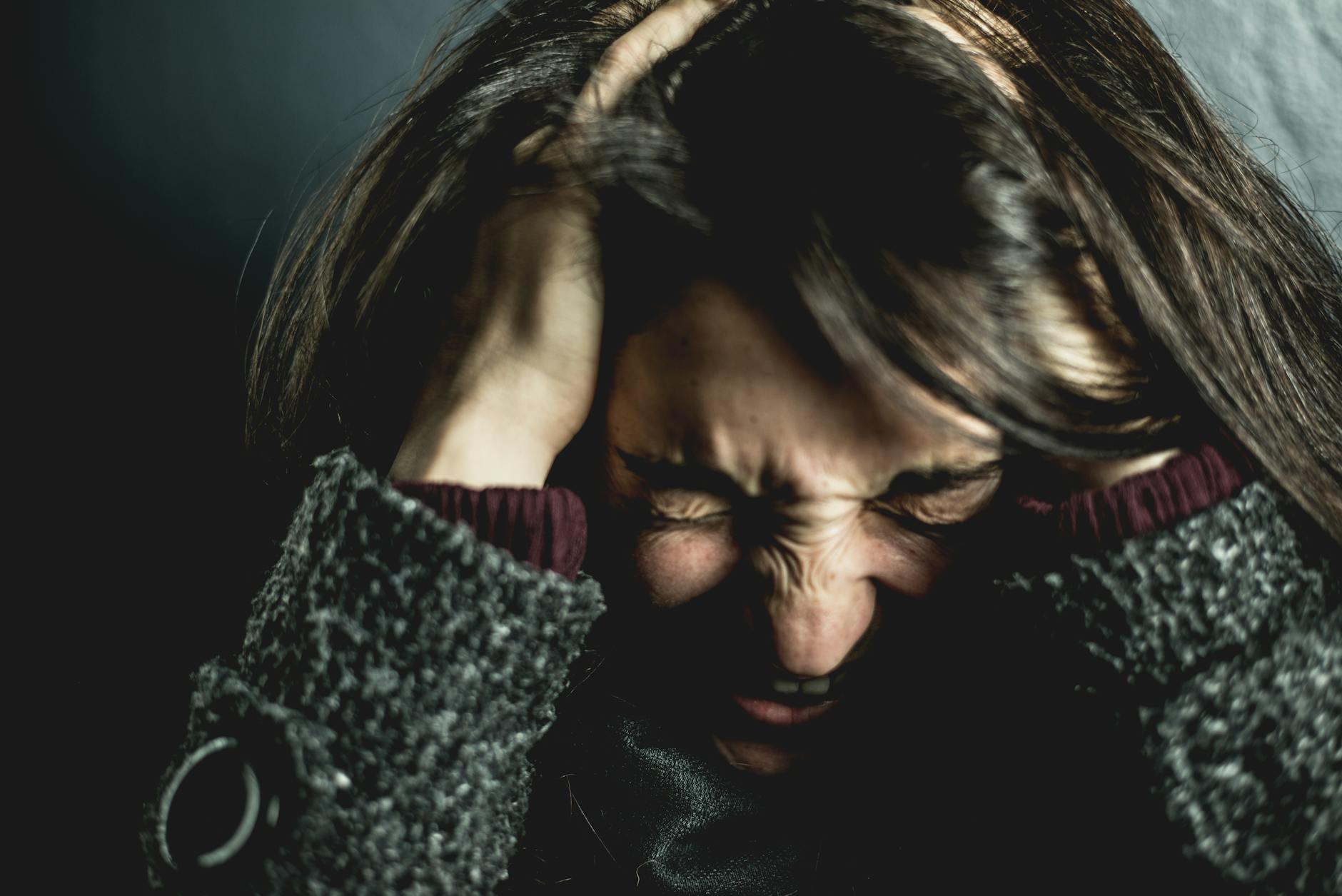The Dark Side of Cannabis: Uncovering the Hidden Mental Health Risks of High-THC Strains
As the cannabis industry continues to evolve, a growing concern has emerged: the hidden mental health risks associated with high-THC strains.

Cannabis breeders have been competing to create the most potent strains, boasting THC levels of 25% or higher. But beneath the surface of this trend lies a dark reality that cannot be ignored.
The Rise of High-THC Cannabis
In recent years, high-THC products have flooded dispensary shelves, catering to the demands of thrill-seeking consumers. While these products may offer a temporary escape or a sense of euphoria, they pose a significant threat to mental health.
The Link Between High-THC Cannabis and Mental Health
Research has consistently shown that high-THC cannabis use is associated with an increased risk of mental health problems, including:
- Anxiety and Panic Attacks: High-THC cannabis can exacerbate anxiety and trigger panic attacks in vulnerable individuals.
- Psychosis and Schizophrenia: The high levels of THC in modern cannabis strains have been linked to an increased risk of psychosis and schizophrenia, particularly among young people and those with a family history of mental health disorders.
- Depression and Mood Disorders: Chronic high-THC cannabis use has been shown to contribute to depression, mood disorders, and emotional instability.
"The correlation between high-THC cannabis use and mental health risks is undeniable," says Dr. Rachel Kim, a leading researcher in the field of cannabis and mental health. "It's essential that we prioritize responsible cannabis use and support balanced strains to mitigate these risks."
The Future Implications of High-THC Cannabis
As the prevalence of high-THC cannabis continues to rise, we can expect to see a surge in mental health issues. This will have far-reaching consequences, including:
- Increased Healthcare Burden: The mental health burden on healthcare systems will increase, leading to a strain on resources and a rise in healthcare costs.
- Decreased Productivity and Economic Impact: Mental health issues associated with high-THC cannabis use will lead to decreased productivity, absenteeism, and reduced economic output.
- Long-term Consequences for Young People: The developing brains of young people are particularly vulnerable to the negative effects of high-THC cannabis. Prolonged use can lead to long-term cognitive impairment, reduced IQ, and increased risk of mental health disorders.
According to a study published in the Journal of the American Medical Association, the risks associated with high-THC cannabis use are particularly concerning for young people.
Actionable Advice for Safe Cannabis Use
While the risks associated with high-THC cannabis are real, it's essential to acknowledge that cannabis can still be a valuable tool for relaxation, pain management, and medicinal purposes. To minimize the risks and promote safe cannabis use, follow these guidelines:
- Start Low, Go Slow: Begin with low-THC products and gradually increase the dose to avoid overwhelming the brain and body.
- Choose Balanced Strains: Opt for strains with balanced THC and CBD levels, which can help mitigate the negative effects of THC.
- Be Mindful of Your Mental Health: Monitor your mental health and adjust your cannabis use accordingly. If you experience anxiety, paranoia, or other negative effects, reassess your use or seek professional help.
- Support Responsible Cannabis Industry Practices: Encourage cannabis companies to prioritize responsible breeding practices, labeling, and consumer education. Demand transparency and accountability from the industry.
Key Takeaways
- High-THC cannabis use is associated with an increased risk of mental health problems, including anxiety, psychosis, and depression.
- Responsible cannabis use practices, such as starting with low-THC products and choosing balanced strains, can help mitigate these risks.
- The cannabis industry must prioritize responsible breeding practices, labeling, and consumer education to promote a safer, healthier cannabis culture.
Conclusion
The hidden mental health danger in today's high-THC cannabis is a pressing concern that cannot be ignored. As we move forward, it's essential to prioritize responsible cannabis use, support balanced strains, and advocate for responsible industry practices. By doing so, we can mitigate the risks associated with high-THC cannabis and promote a safer, healthier cannabis culture.


(Read more: Our Guide to Responsible Cannabis Use)
Resources:
- National Institute on Drug Abuse (NIDA). (2020). Marijuana and Mental Health.
- The Lancet Psychiatry. (2019). The contribution of cannabis use to the development of psychosis.
- Drug and Alcohol Dependence. (2018). Cannabis use and depression: A systematic review and meta-analysis.
Comments
Post a Comment